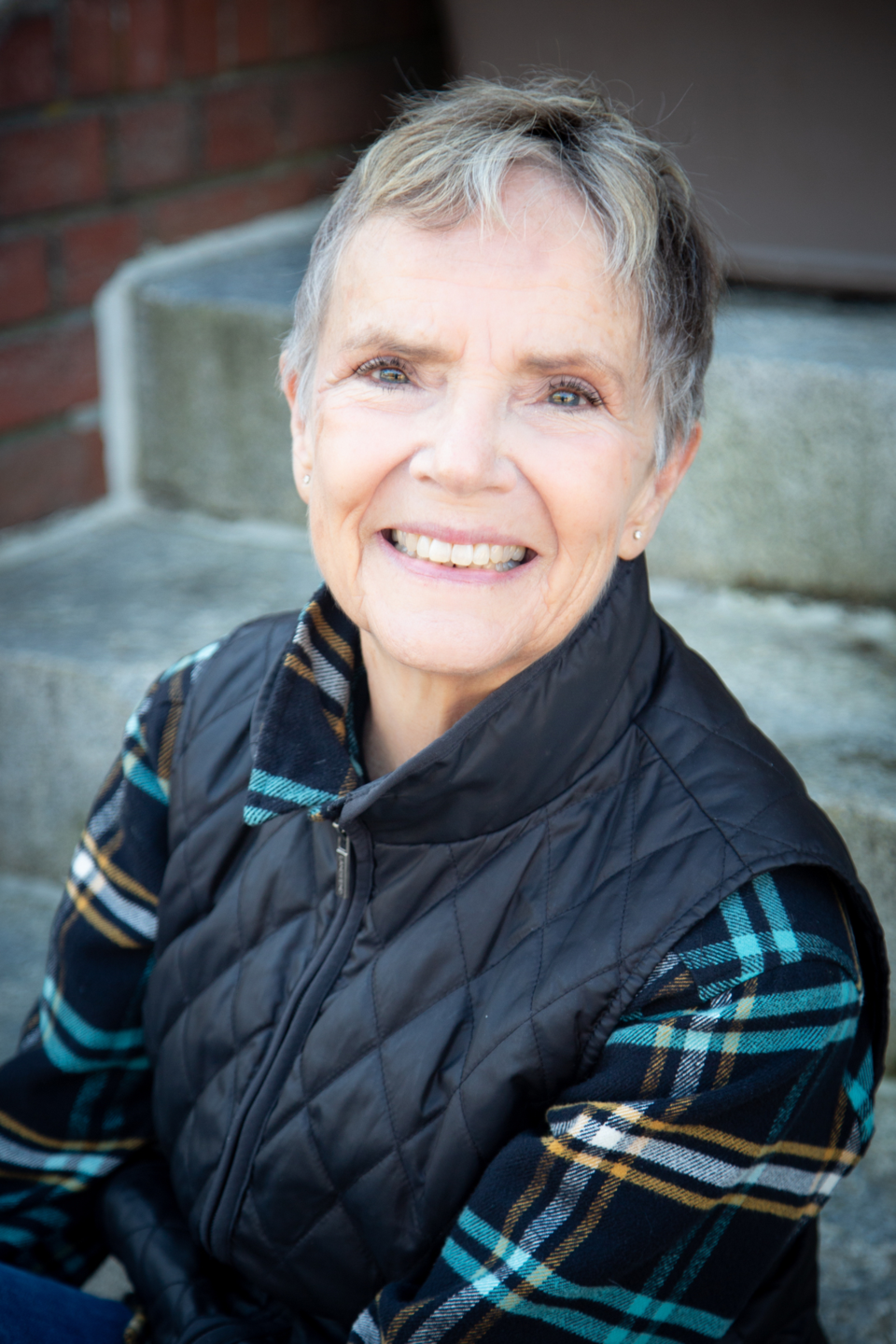Writer, author and former teacher Leslie Davidson finally began writing in earnest after retirement. She began to pen children's literature and spent time at the Banff Centre for Arts and Creativity drafting a memoir.
After she was diagnosed with Parkinson's disease and her husband, Lincoln Ford, was diagnosed with Lewy body dementia, Davidson’s writing took on more of an urgency.
"Nothing focuses brain cells more effectively than the fear of losing them," said Davidson in a quote on her website.
Davidson started going through email exchanges, photographs, and other bits of writing she had done in order to organize and plan a new book.
"After we were diagnosed, my husband and I had all of these emails, which was great to have because neither of us kept a journal," said Davidson, while speaking with the Peak about her book. "There were lots of photographs that my husband had taken and I spread them all out in the living room and started to organize and figure out what was missing. That's what I did during the first part of COVID-19, put a book together."
Davidson will give a talk and read from her memoir titled: Dancing in Small Spaces: One Couple’s Journey with Parkinson's Disease and Lewy Body Dementia, at Powell River Public Library on Thursday, February 22, from 11 am to 12 pm.
"I was really writing to make sense of it [she and her husband's diagnoses] for myself," said Davidson. "The best part about the whole experience is that people have responded to [the book] and found it helpful. I'm kind of overwhelmed by that response, and getting so many letters."
In her book, Davidson, "recounts the years that follow her Parkinson’s and Lincoln’s Lewy body dementia diagnoses, charting physical changes, mastering medications, the logistical puzzles of caregiving, and the steady support of their close-knit community in the small town of Grand Forks in south central British Columbia," according to the book’s synopsis.
"Being a caregiver while having an illness myself and the challenges of grief and how to make connections with others, being able to tell our stories and to connect with other people is salvation in many ways," said Davidson.
Putting together memories of their fun adventures together was not a linear process, but more like a patchwork quilt, she added.
"That's kind of the metaphor I use in the book," said Davidson. "That's how I think of fitting all these different pieces of our lives together."
Davidson describes Dancing in Small Spaces as the story of a long and adventurous marriage, of deep gratitude and, ultimately, of writing one’s way toward understanding and acceptance.
As for the book title, Davidson said it's a reference to a few places she and her husband danced together.
"There are three places in the book where we are dancing in a small space," said Davidson. "First is a story that takes place in our Volkswagen van in Morocco, and then in Lincoln's care facilities in Revelstoke."
Davidson said in their earlier years dancing together was something they loved to do wherever they went. Her book also includes some advice for those also going through similar experiences with their loved ones and dementia.
"Take it just one day at a time; I know it's such a cliche, but it's true," said Davidson. "It's trying to be in their world because you can't drag them into ours. Don't fight the disease, but try with acceptance, joy and finding things that give them pleasure.”
Davidson said although she has all good memories of her husband and feels lucky to have them, her grief still lingers.
"I'm still sad and I don't think that's ever going to go away, but I get to be sad because I was really happy," she added.
Not only was Davidson a caregiver to her husband, at the same time she was dealing with her own physical ailments due to Parkinson's. However, her recent deep-brain stimulation surgery turned her life around.
"I'm really lucky that I had surgery because it stopped the dyskinesia completely," explained Davidson.
The constant movement is not a symptom of Parkinson's disease but can be a side effect from medication to treat the disease. Her essay about getting deep-brain stimulation can be found at leslieadavidson.com/creative-nonfiction.
Join the Peak’s email list for the top headlines right in your inbox Monday to Friday.




